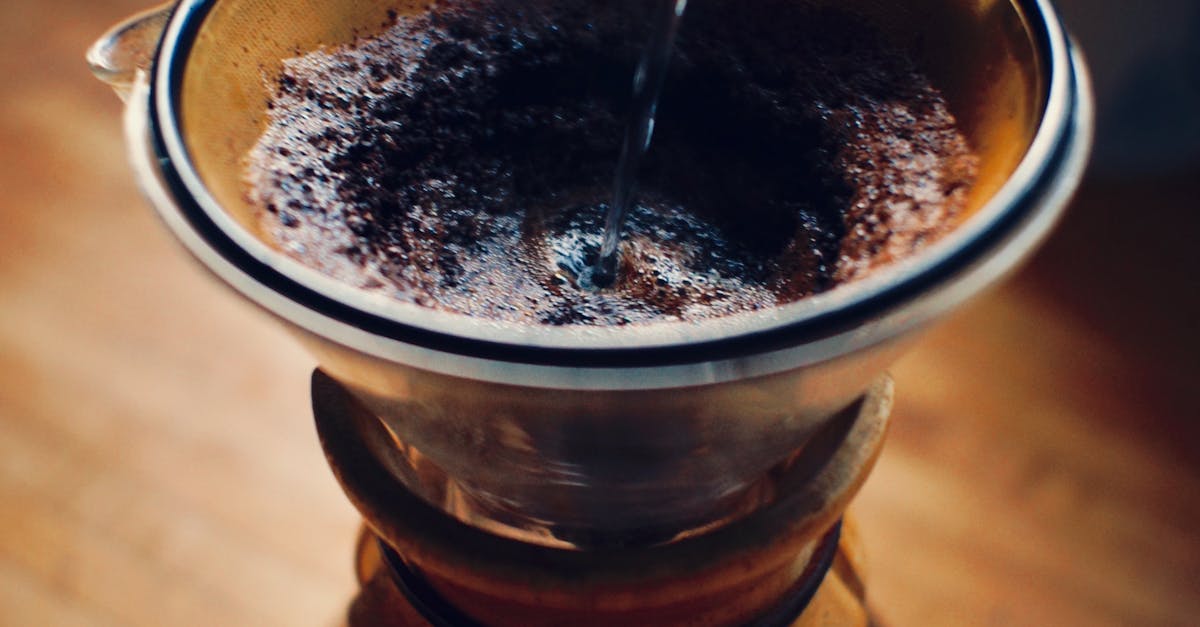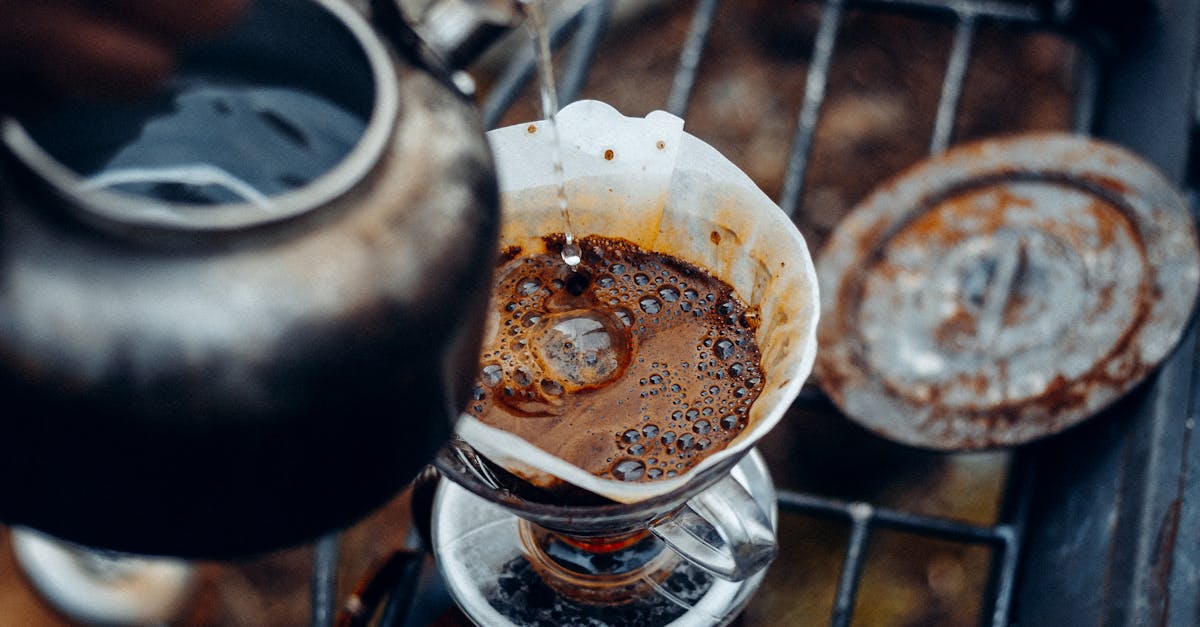
Table Of Contents
Age of the Hot Water System
Hot water systems have a finite lifespan, which can affect their efficiency and the quality of hot water they provide. Many conventional tank water heaters last around 10 to 15 years, while tankless options may have a longer lifespan, averaging up to 20 years. As systems age, components may wear down, leading to diminished performance. Regular maintenance is essential to extend their life, but eventual replacement may be necessary when they become unreliable.
Hot water system inspections play a crucial role in identifying potential issues before they become significant problems. Routine checks can reveal signs of corrosion, sediment buildup, and other inefficiencies that typically arise as these systems age. Understanding the age of your system can help you plan for necessary maintenance or replacements, ensuring consistent access to hot water.
Lifespan of Different Systems
The lifespan of a hot water system can vary significantly based on the type and model. Traditional tank water heaters typically last between 10 to 15 years, while tankless systems may have a longer life of 20 years or more. Regular maintenance plays a crucial role in prolonging the lifespan of any system. Homeowners should schedule Hot Water System Inspections to assess the overall condition and functionality of their units.
Factors such as water quality, frequency of use, and environmental conditions can also affect how long a hot water system remains operational. Corrosion, sediment buildup, and mineral deposits contribute to wear and tear. Keeping an eye on these elements through periodic inspections can help identify issues early, potentially extending the life of the system and ensuring it operates efficiently.
Incorrect Temperature Settings
Incorrect temperature settings can often be the culprit behind a hot water system that fails to deliver the expected heat. Many systems come with preset temperatures, and sometimes these settings can be unintentionally altered. Regular adjustments may be necessary to ensure that the water reaches the desired temperature. If family members are using the system without awareness of the proper settings, it may lead to frustration when hot water is not available.
To address this issue, it’s important to know how to adjust the temperature settings effectively. Check the manufacturer's guidelines for the optimal temperature range, usually around 120 degrees Fahrenheit for safety and efficiency. If you continue to experience issues, consider scheduling Hot Water System Inspections to ensure everything is functioning correctly and that there are no underlying concerns contributing to the problem.
How to Adjust Temperature
Adjusting the temperature of your hot water system usually involves accessing the thermostat, which is often located on the front of the unit. Most systems have a dial or digital control that allows you to set the desired temperature. It's essential to find the right balance; too high a temperature can lead to scalding, while too low can result in inadequate heating. When making changes, consider waiting for a period to gauge if the adjustments yield the desired results. Regular Hot Water System Inspections can help identify any underlying issues that may affect temperature regulation.
After setting the temperature, it's wise to check the performance over a few days. If the water does not reach the desired temperature or fluctuates, that could indicate a more serious issue with the heating elements or the thermostat itself. Consistent temperature problems warrant professional evaluation to ensure safety and efficiency. Consulting with a licensed technician during Hot Water System Inspections can provide insight into any adjustments or repairs needed for optimal performance.
Leaks in the System
Leaks in a hot water system can significantly impact its performance. They can arise from various components, including pipes, fittings, or the tank itself. Identifying these leaks early is crucial to prevent further damage and ensure that the system heats water efficiently. Routine maintenance is important to spot any potential issues, so scheduling regular Hot Water System Inspections can help catch leaks before they become more severe problems.
When dealing with leaks, visible signs may include water pooling near the base of the tank or damp spots on walls and ceilings. In some instances, leaks may not be easily visible, but unusual increases in water bills or decreased water pressure can serve as warning signs. Addressing leaks promptly is essential to maintain the efficiency of your hot water system and extend its lifespan.
Identifying Water Leaks
Water leaks in a hot water system can lead to significant energy loss and increased utility bills. Identifying these leaks early is crucial to prevent further damage and ensure efficient operation. A common sign of a leak is the presence of water pooling around the tank or along the pipes. Homeowners should also check for any wet spots on walls or floors, which may indicate hidden leaks behind surfaces.
Regular Hot Water System Inspections can help detect leaks that are not immediately visible. These inspections can include checking the connections, valves, and pipes for signs of corrosion or wear. It's also important to monitor the water meter; if it continues to run when no water is being used, this could signify a leak somewhere in the system. Taking proactive steps can save both time and money in the long run.
FAQS
What are some common reasons my hot water system isn't heating?
Common reasons include age of the system, incorrect temperature settings, and leaks within the system.
How can I tell if my hot water system is too old?
Most hot water systems have a lifespan of 8 to 12 years. If your system is older than that, it may be time for a replacement.
How do I check the temperature settings on my hot water system?
You can usually find the temperature settings on the thermostat of the unit. Refer to the manufacturer’s manual for specific instructions on how to adjust it.
What should I do if I suspect there are leaks in my hot water system?
Check for visible signs of water around the system and inspect the pipes for dampness. If you find any leaks, it’s best to call a plumber to address the issue.
Can I fix my hot water system myself, or should I hire a professional?
While minor adjustments like changing the temperature settings can be done yourself, it’s advisable to hire a professional for repairs or inspections, especially when leaks are involved.





























